Watch: Yemeni forces fire ballistic missile at targets in Saudi capital
Yemen has released footage of a large-scale ballistic missile strike against the Saudi capital in retaliation for the devastating military campaign that the Riyadh regime and its allies are waging on the country.
The video, released by the media bureau of the Ansarullah movement, shows Yemeni armed forces and allied fighters from Popular Committees firing a domestically-developed Zolfaqar ballistic missile that struck King Khalid International Airport, located 35 kilometers north of Riyadh, on Saturday.
The spokesman for the Yemeni Armed Forces Brigadier General Yahya Saree said in a press conference on Sunday that Yemeni army troops and allied popular fighters had targeted the Saudi soil with 15 unmanned aerial vehicles and a ballistic missile as part of “the 5th Operation of Balanced Deterrence.”
He said sensitive positions and places in the Saudi capital Riyadh were struck with a Zolfaqar ballistic missile and nine Sammad-3 (Invincible-3) combat drones.
Saree noted that six Qasef-2K (Striker-2K) combat drones had also hit designated military targets inside Abha and Khamis Mushait cities in Saudi Arabia’s southwestern province of Asir.
“As long as the attacks and siege on our country [Yemen] continue, our operations will continue and will be more extensive,” he added.
Yemeni missile hits Saudi Arabia’s Jizan
Meanwhile, the state-run Saudi Press Agency reported early on Tuesday that a missile launched by Yemeni armed forces had struck the Jizan region of southwestern Saudi Arabia.
The spokesman for the Directorate of Civil Defense in Jizan, Colonel Mohammed bin Yahya al-Ghamdi, claimed the projectile had fallen in a street, resulting in the injury of five people.

They included three Saudis and two Yemeni nationals, he said. They suffered moderate injuries due to shrapnel and were transferred to hospital to receive medical care.
‘Participants in Yemen donor conference must first end arms sales to aggressors’
Separately, Mohammed Ali al-Houthi, a member of Yemen’s Supreme Political Council, has called on governments and donors taking part in a virtual donor conference purportedly aimed at preventing large-scale famine in Yemen.
Houthi wrote in a post on his official Twitter page that allocation of revenues raised as a result of sales of weapons that kill Yemeni people does not stop famine in the conflict-plagued country.
“Countries taking part in the donor conference to raise millions of dollars for Yemeni people would better take a stance compliant with their laws and stop sales of weapons that are used against Yemeni people,” he noted.
“They must also move to end their involvement in as well as logistical and intelligence support for the [Saudi-led] aggression [against Yemen],” Houthi said.
The United Nations says Yemen has the world’s largest humanitarian crisis, with 80 percent of the country’s 30 million people needing some form of aid or protection. About 13.5 million Yemenis currently face acute food insecurity, UN data shows.
Last week, United Nations Unngder-Secretary-General for Humanitarian Affairs and Emergency Relief Coordinator Mark Lowcock said some 16 million people in Yemen were going hungry and five million of those people were “just one step away from famine.”
Some 400,000 children under the age of five are severely malnourished, he said.
“Those children are in their last weeks and months,” he warned. “They are starving to death.”
Saudi Arabia and a number of its regional allies launched the war on Yemen in March 2015, with the goal of bringing the government of former president, Abd Rabbuh Mansur Hadi, back to power and crushing the popular Ansarullah movement.
The Yemeni armed forces and allied popular groups have gone from strength to strength against the Saudi-led invaders, and successfully defended Yemen against the aggression, leaving Riyadh and its allies bogged down in the country.
Russian court orders Google to pay staggering fine of $20 decillion
Yemeni forces carried out five operations in Haifa, targeting six ships, in one year: Report
Israeli war machine fails to penetrate Lebanon despite barbaric bombardment: Houthi
VIDEO | Is West's dominance over?
VIDEO | Five Syrians killed in Israeli airstrikes on al-Qusayr near Homs
VIDEO | South African resistance leaders reflect on ways to overcome Israeli aggression
VIDEO | Press TV's news headlines
VIDEO | Netanyahu pressured on a ceasefire




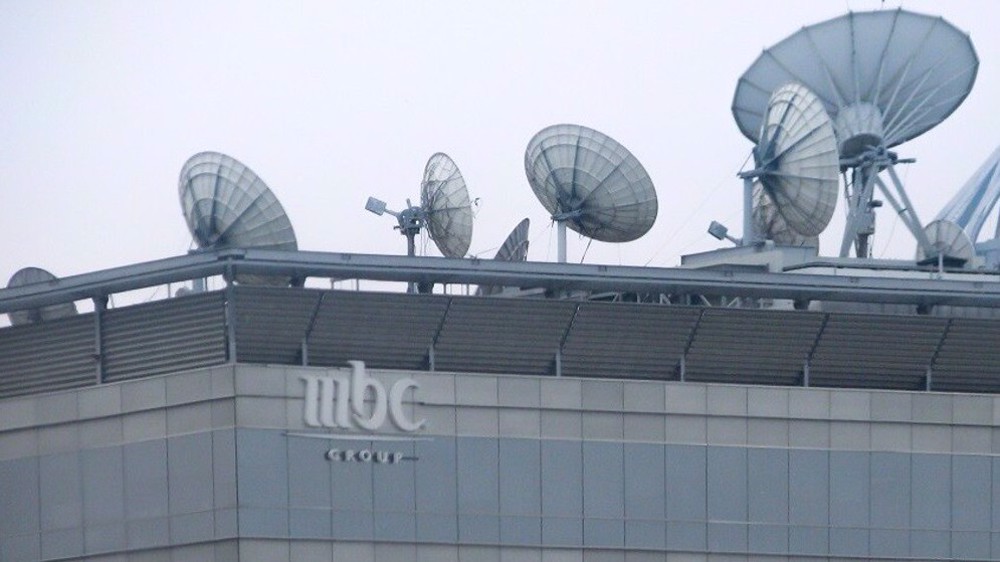
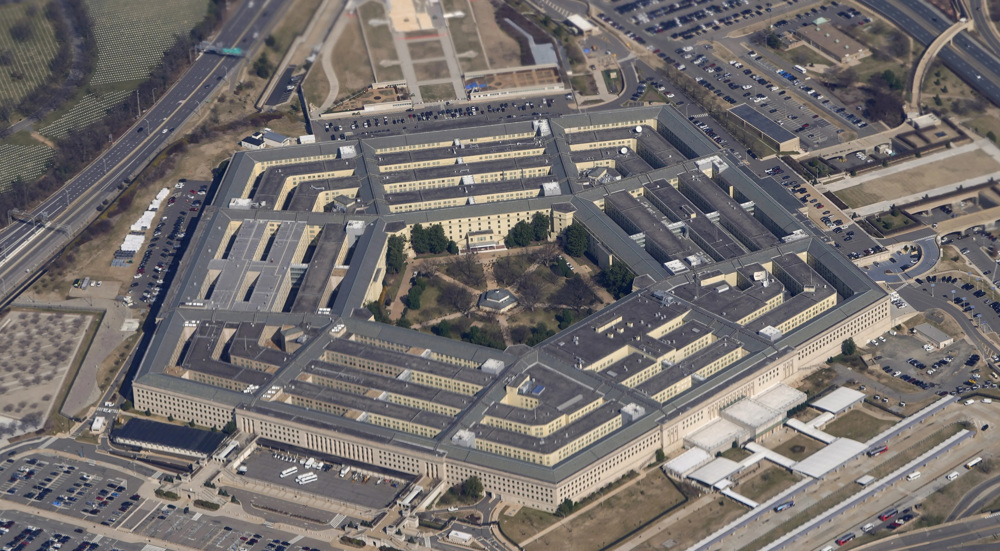
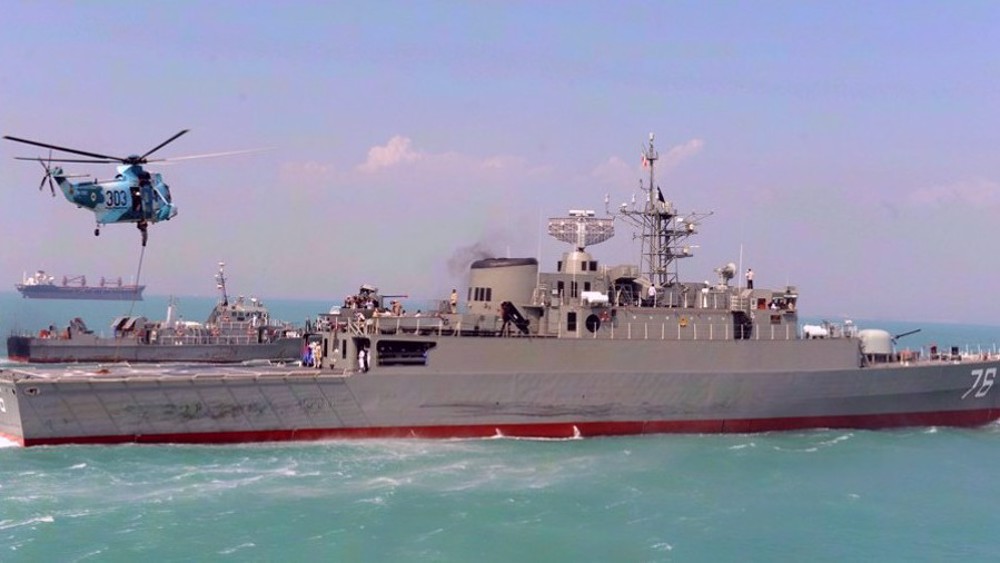




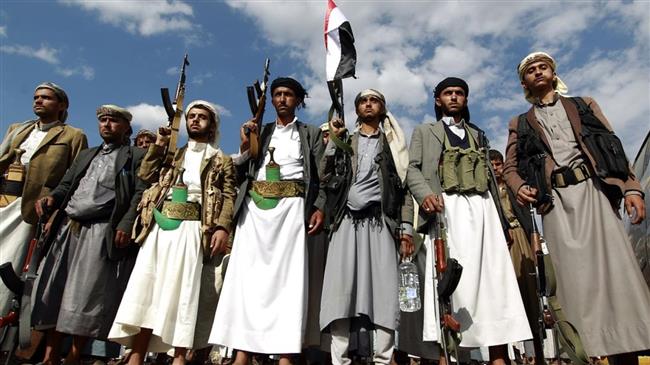
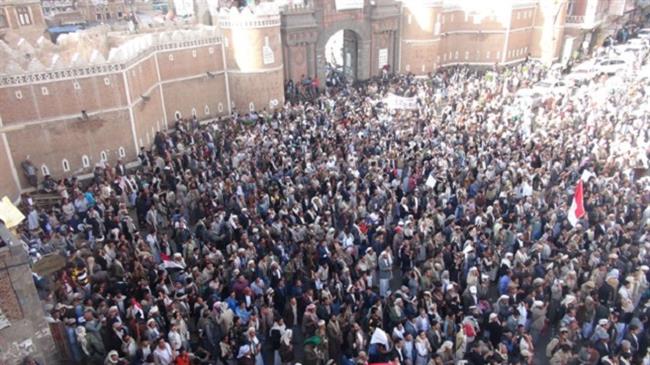

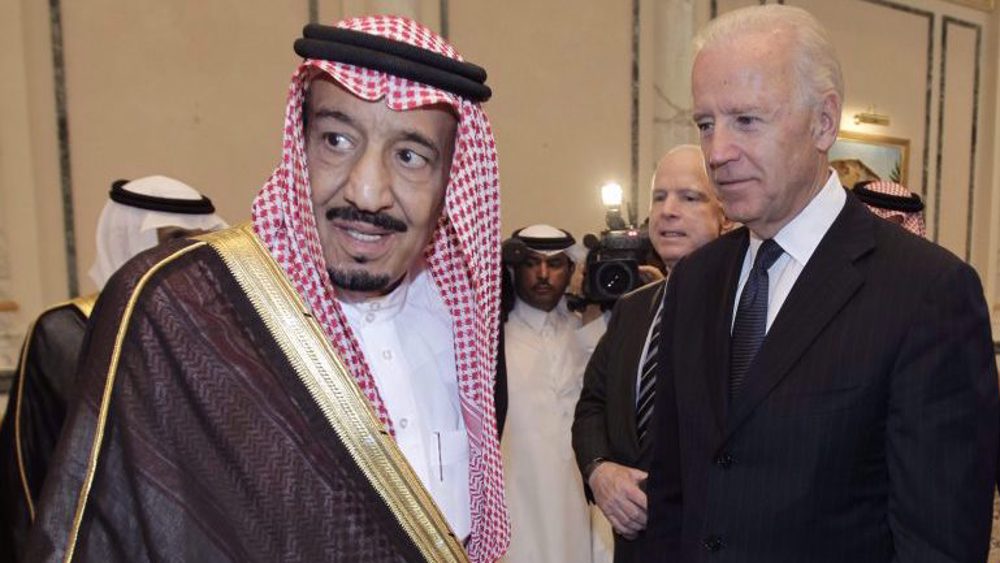
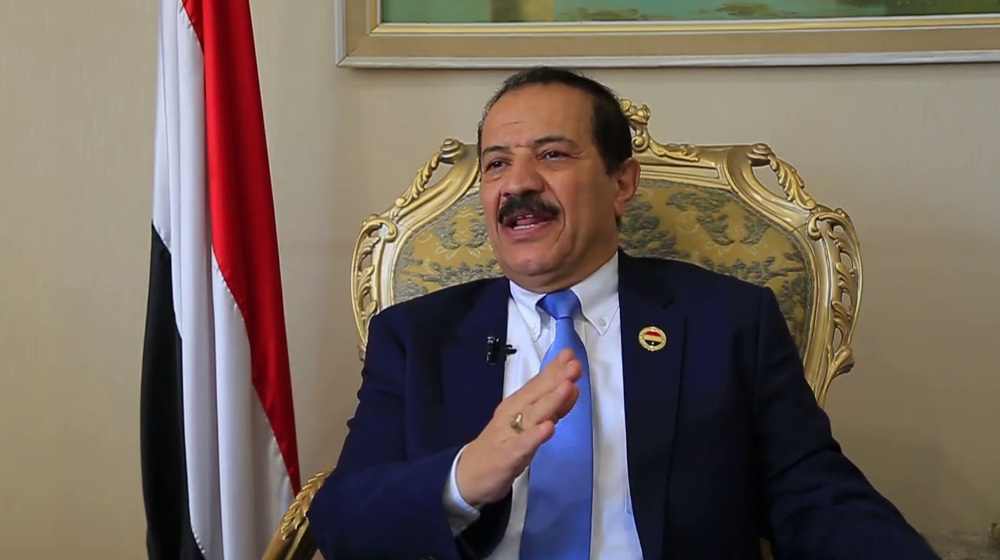
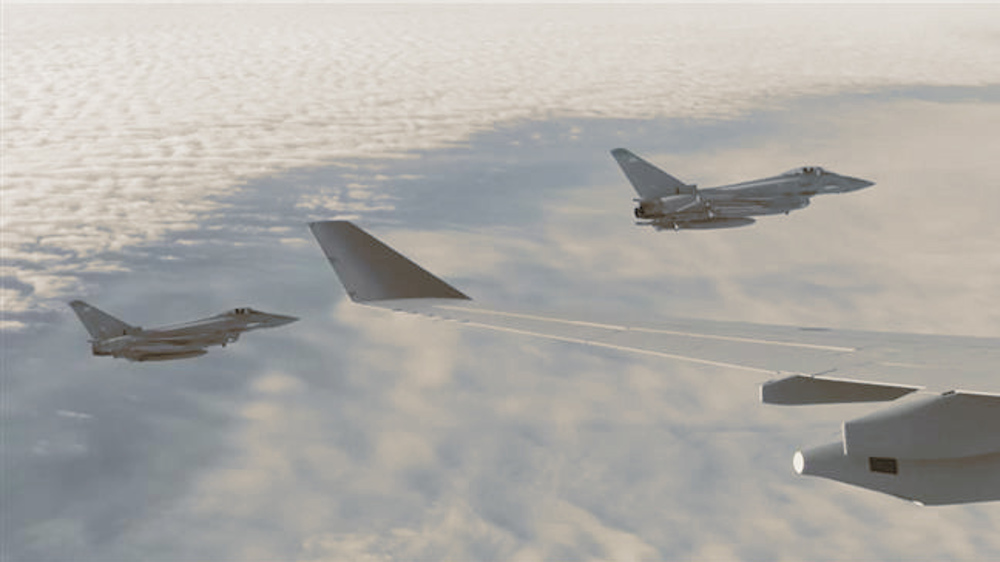
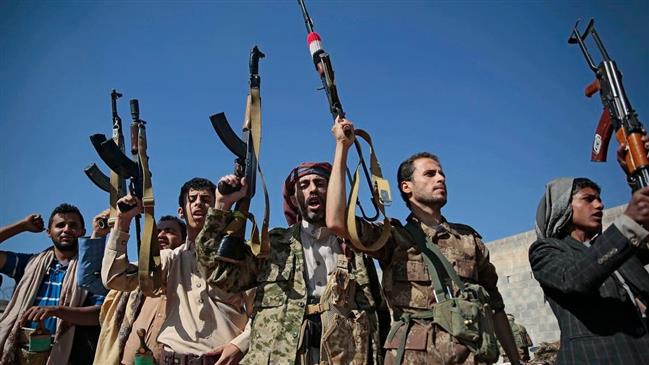
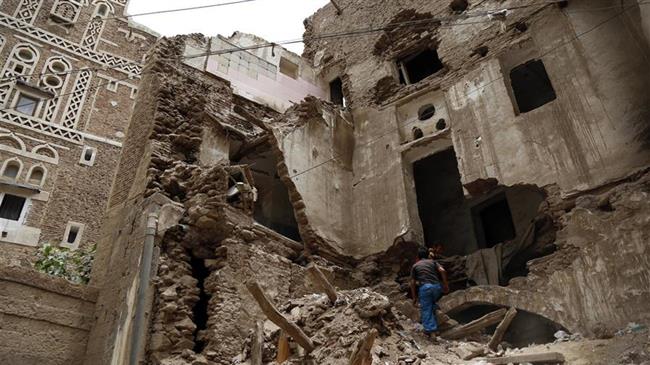
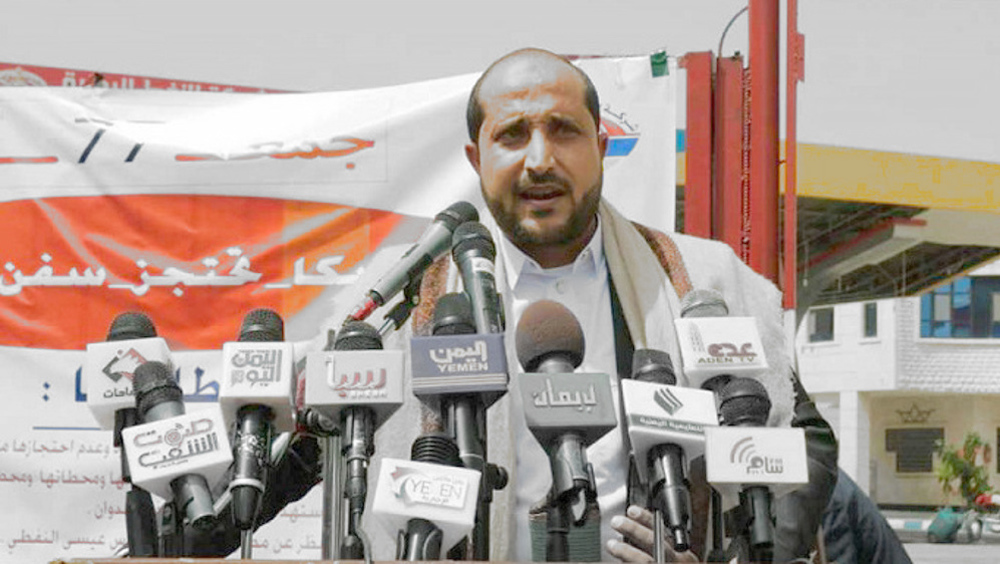

 This makes it easy to access the Press TV website
This makes it easy to access the Press TV website